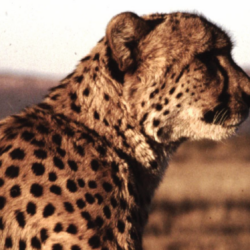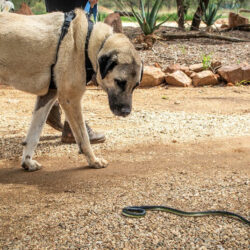Carnivore Red Data Book Published for Namibia
-

- by CCF Staff April 3, 2023
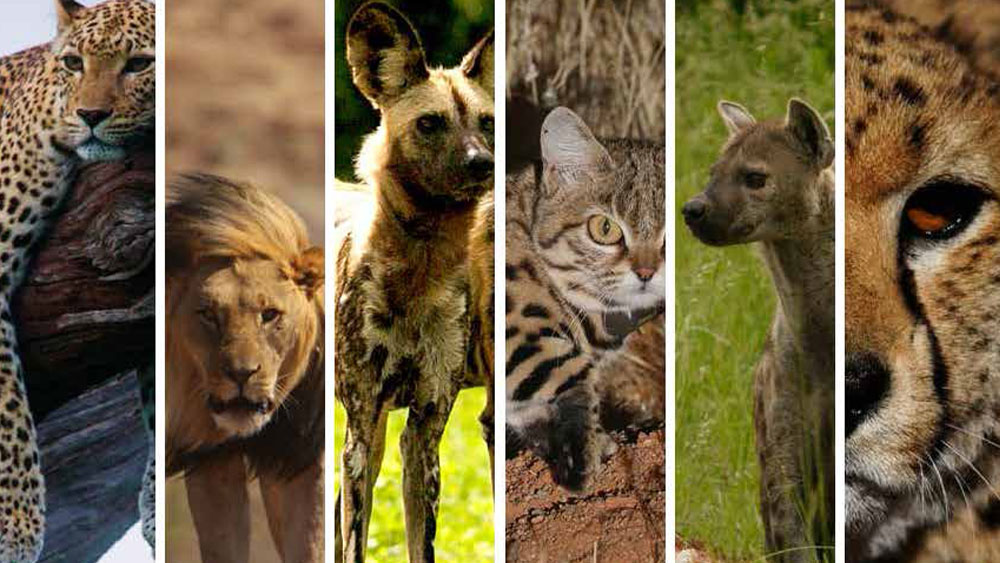
Great news! The Conservation Status and Red List of the Terrestrial Carnivores of Namibia was published, and it’s full of important information about the conservation status of 34 carnivore species in Namibia.
This publication, also known as the Carnivore Red Data Book, is only the second one to be published on the fauna of Namibia, with the first one focusing on the birds of Namibia back in 2015. This joint effort by the Ministry of Environment, Forestry and Tourism (MEFT), the Large Carnivore Management Association of Namibia (LCMAN), and the Namibian Chamber of Environment (NCE) involved CCF’s Founder and Executive Director, Dr. Laurie Marker working alongside 24 fellow expert species assessors, 30 contributors, and 31 reviewers.
The Carnivore Red Data Book includes a lot of detailed information about each species’ distribution in Namibia, population estimates and trends, ecology and behavior, and conservation threats, status, and recommended actions. It also follows the global standard created by the International Union of Conservation of Nature (IUCN), which provides guidelines for deciding which of the IUCN threat categories is applicable to the species under consideration.
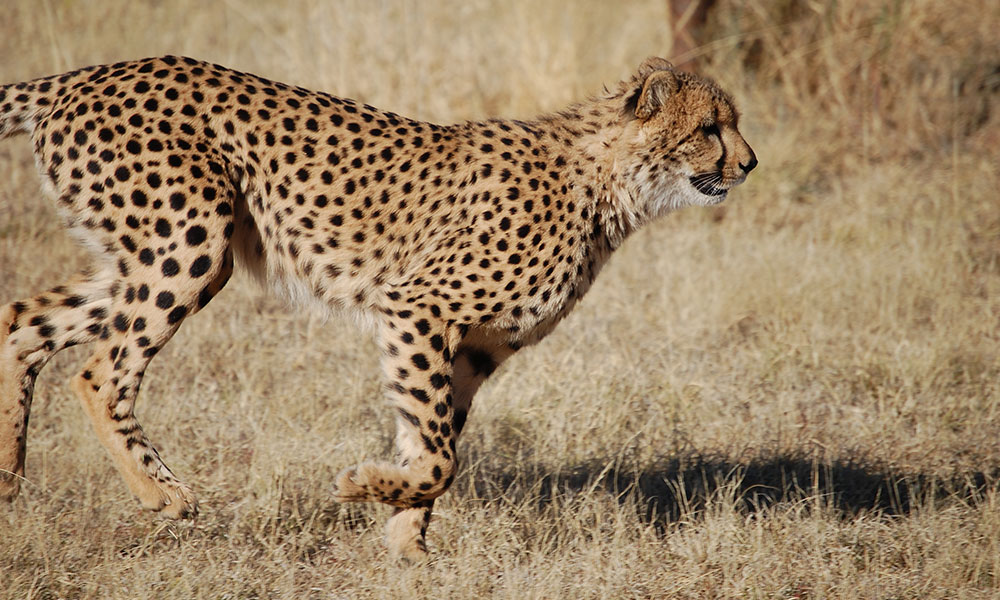
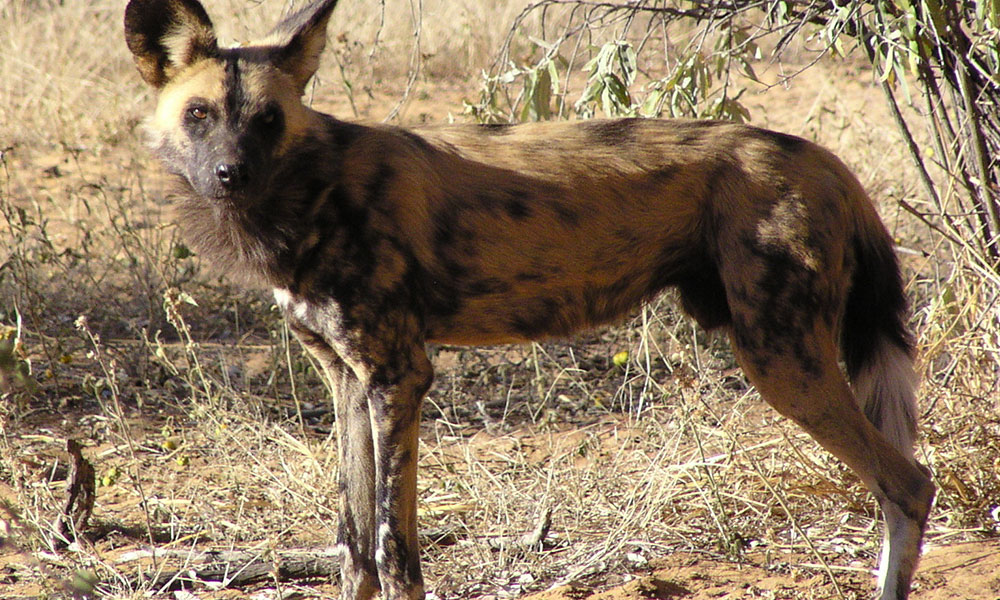
While Namibia’s arid environment naturally supports lower carnivore population densities than other African countries, some species like the black-footed cat, brown hyaena, and cheetah thrive in this environment, and Namibia is a major population stronghold for all three of these. However, 11 species were classified as Near Threatened or worse, including five cat species, two hyena species, the African wild dog, two otter species, and the African striped weasel, which all face known threats to their survival.
The Carnivore Red Data Book is an important starting point for establishing conservation action plans for Namibia’s carnivore species. These plans will be developed by a working group consisting of farmers, conservancy members, hunters, research institutions, and conservation organizations, chaired by the Ministry of Environment, Forestry and Tourism (MEFT). The working group will also coordinate broader actions that affect all carnivores, such as creating awareness of major threats and improving education on the role of carnivores in the environment.
Members of the public can purchase a copy of the Carnivore Red Data Book from local bookstores or access it for free online. Posters highlighting the key findings can also be collected from the Namibian Chamber of Environment office. Let’s spread the word and take action to protect Namibia’s amazing carnivore species!
Related Reading
-
December 4, 2024
Double Your Donation for the Cheetah -
June 15, 2024
Snake Aversion Training


